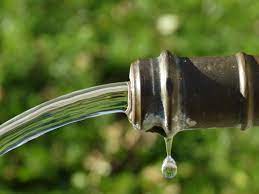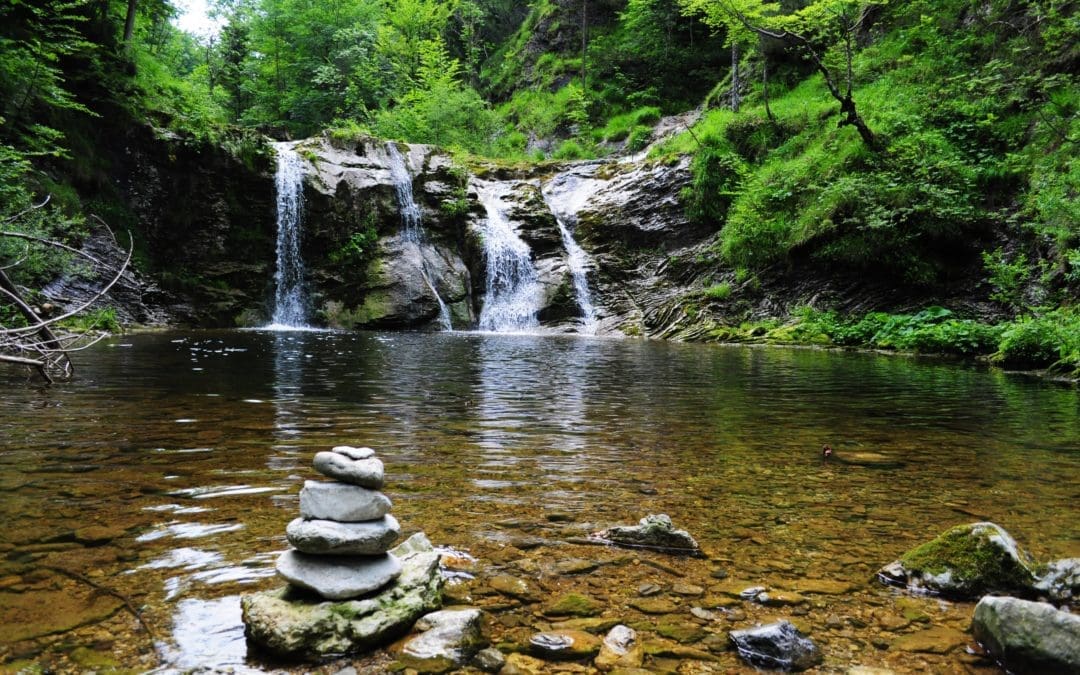National Water Quality Month has officially begun, reminding us of the incredible importance of clean water. Take a moment and think about all the ways that we depend on available clean water. It goes well beyond just filling up a glass from the kitchen sink. The production of food for both stores and restaurants, the ability to garden, and basic hygiene are just a few examples of how we depend on water free of pollutants, metals, and chemicals.

A recent poll done by Gallup found that pollution of drinking water is the single environmental issue that a majority of Americans are greatly worried about. These worries are not unfounded. According to a report from the United Nations, over 80% of the world’s wastewater is dumped back into the environment polluting rivers, lakes, and oceans. This pollution has direct impacts on human health outcomes. A study from the NRCS shows that over 1 billion people are sickened every year because they lack proper water treatment with people in low-income conditions being disproportionately impacted. Lead and nitrates are common toxins found in ground water supplies in both rural and urban areas.

Common sources of water contamination include agricultural runoff, outdated water pipes, leakage of untreated wastewater, industrial effluent, and the personal use of chemicals and their improper disposal. Agricultural runoff can lead to an overabundance of nutrients in aquatic systems, or eutrophication (pictured above), which has cascading negative effects downstream including the formation of dead zones, as seen at the mouth of the Mississippi River. How can you help to protect the quality of the water that we depend upon? A great first step is to avoid being a source of contaminants. Always properly dispose of all chemicals, paint, and motor oil. If possible, avoid antibacterial soap and products that contain phthalates or sodium laurel sulfate. Another way to contribute to clean water is to hold polluter companies accountable for their pollution and elect leaders that will do the same. If you are up for it, get directly involved by volunteering at a local wetland, like SHADOW Lake Nature Preserve! Wetlands play a crucial role in filtering stormwater, and supporting their conservation is a great way to help water stay healthy for people and wildlife. For more information on the history of National Water Quality Day visit Nationalwaterqualitymonth.org
By: SHADOW TIPS intern, Vikash Reddy Vuchhuru


Recent Comments